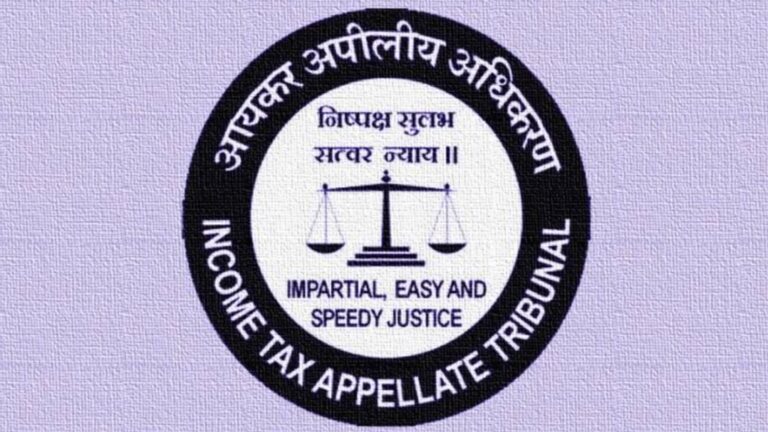In a significant ruling, the Income Tax Appellate Tribunal (ITAT), Ahmedabad Bench, held that a trust cannot be denied registration under Section 12AB of the Income-tax Act, 1961 merely on the ground that it was created for the benefit of a particular caste or community. The Tribunal clarified that the applicability of Section 13(1)(b)—which restricts exemption for trusts established for the benefit of a specific religious community or caste—can only be examined at the assessment stage, and not while considering registration. The order, passed on 12 August 2025 in the case of Gohilwad Vankar Samaj Seva Trust Sidharth Society, reinforces the principle that unless the trust’s activities are exclusionary in nature, registration under Section 12AB cannot be refused.
1. Background of the Case
- The assessee, Gohilwad Vankar Samaj Seva Trust Sidharth Society, applied for registration under Section 12AB of the Income-tax Act, 1961.
- The trust’s stated objects included welfare and upliftment of the Vankar Samaj, a particular caste community.
- The Commissioner (Exemption) denied registration on the ground that the trust was created for the benefit of a specific caste, thereby falling within the mischief of Section 13(1)(b).
2. Issue Before the Tribunal
- Whether a trust established with caste-based objects is automatically disqualified from obtaining registration under Section 12AB?
- Can Section 13(1)(b), which denies exemption to trusts for the benefit of a particular religious community or caste, be applied at the stage of registration?
3. Tribunal’s Findings
- The Tribunal noted that registration under Section 12AB is only a procedural gateway that allows a trust to claim exemption under Section 11.
- At this stage, the Commissioner is required to examine:
- Genuineness of activities, and
- Compliance with objects of the trust.
- Whether the trust is hit by Section 13(1)(b) is a matter of assessment to be determined year-to-year, depending on how income is applied.
4. Key Observations
- The Tribunal emphasized that the objects of the trust were not exclusionary in nature. Although caste-based, they did not bar participation or prevent wider charitable benefit.
- Merely serving a particular caste or community at the object level does not invalidate registration.
- The Supreme Court and High Court precedents were cited, reiterating that Section 13(1)(b) becomes relevant only when exemption under Section 11 is claimed, not when registration is sought.
5. Ruling
- The ITAT held that:
- Section 13(1)(b) is irrelevant at the registration stage.
- The trust cannot be denied Section 12AB registration solely on the ground of serving a particular caste.
- Whether exemption under Section 11 is allowable or not will be a matter of assessment by the AO.
- Accordingly, the Commissioner (Exemption)’s order was set aside, and the trust was granted registration.
6. Implications of the Ruling
- This decision reinforces that registration and exemption are distinct stages in tax administration for charitable trusts.
- A trust with caste-based or community-focused objectives is not per se disqualified from obtaining Section 12AB registration.
- The Revenue can only deny exemption under Section 11 during assessment, if it proves that the trust applied income exclusively for the benefit of a caste/religious community, contrary to Section 13(1)(b).
-
The ruling provides relief to community-based trusts (e.g., caste associations, regional community trusts) that carry out inclusive welfare activities.
